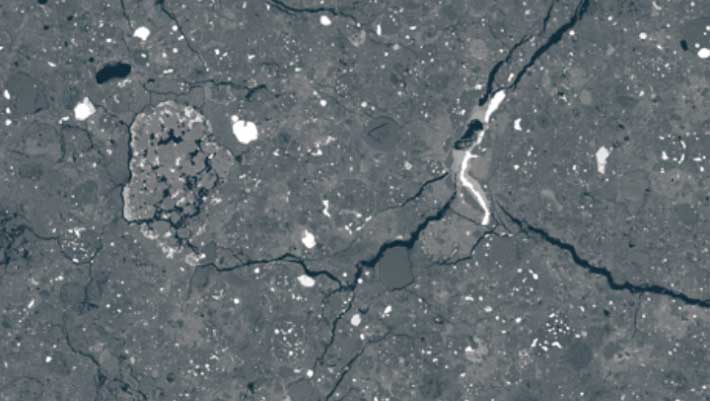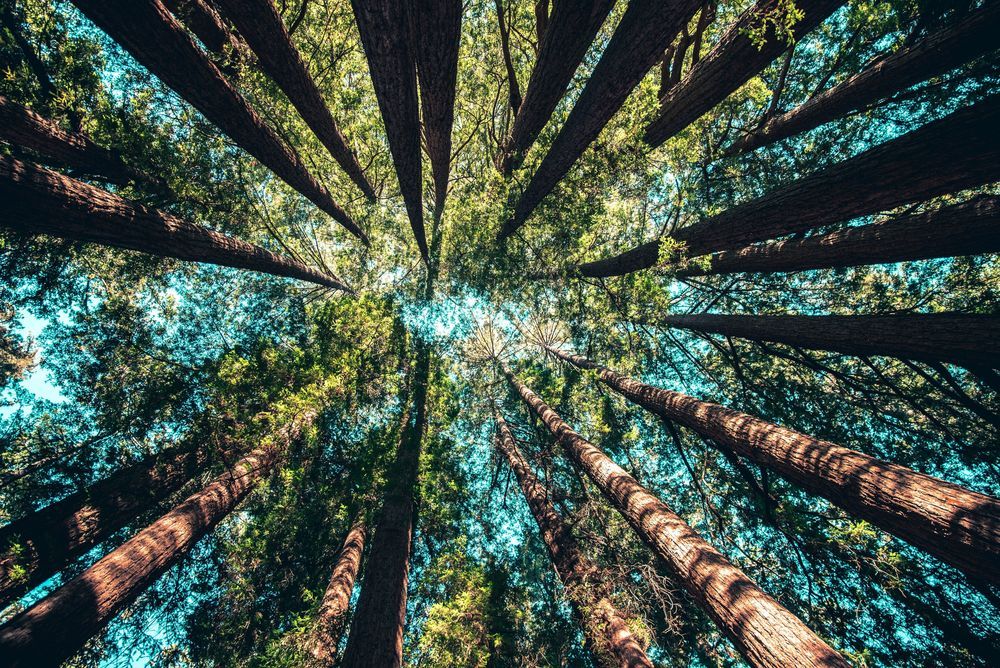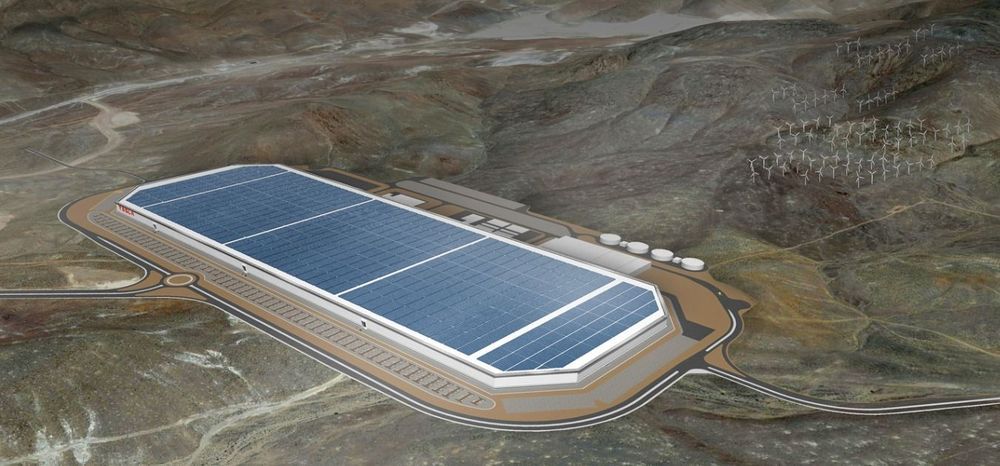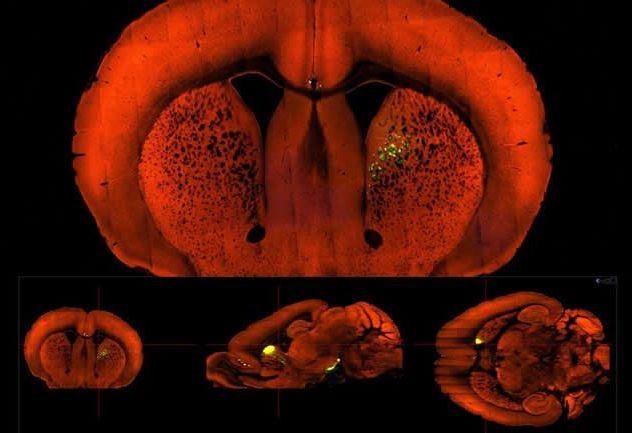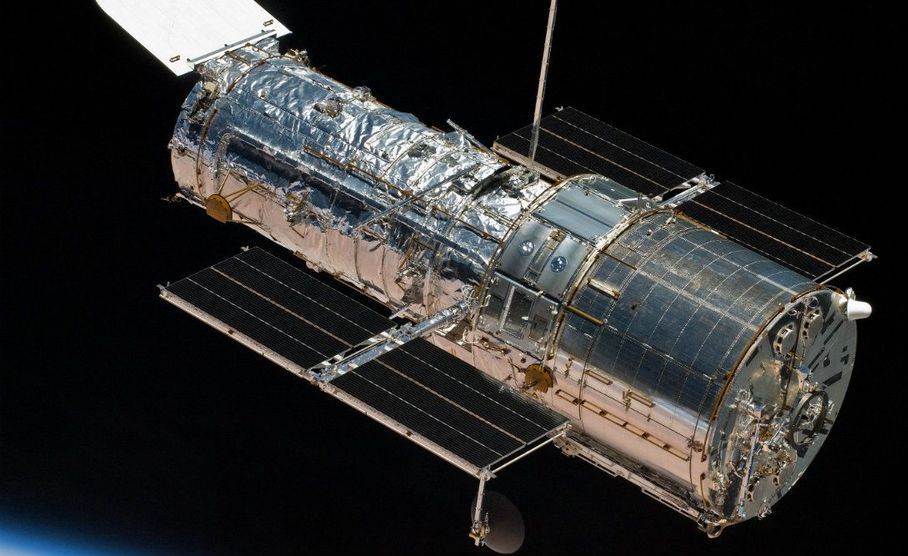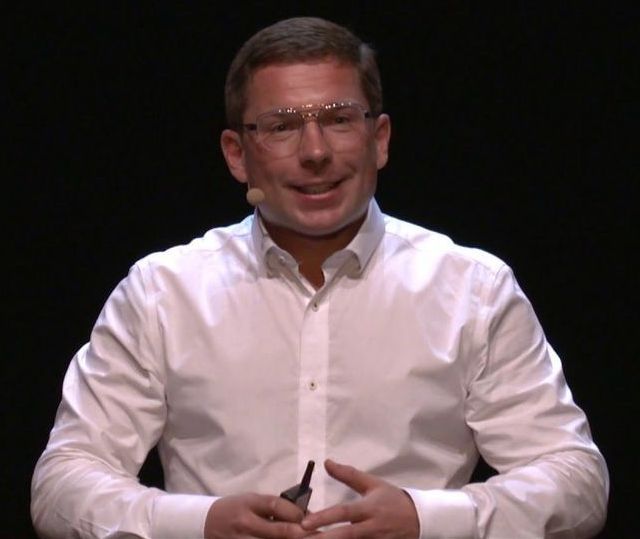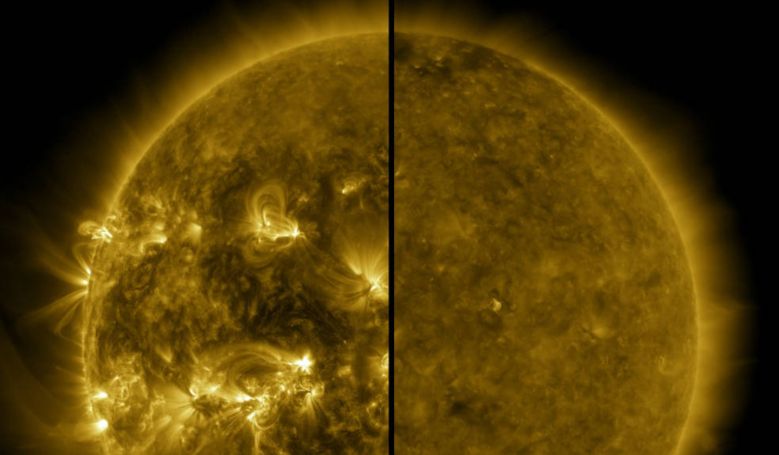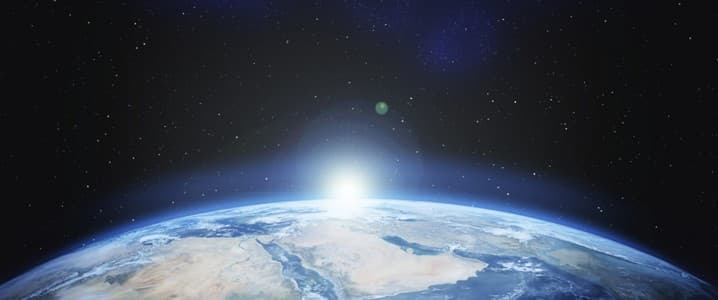
While the future of the clean energy proposal remains uncertain, the majority of Americans have been reading from the same page regarding what needs to be done: Dramatically cutting down the country’s reliance on fossil fuels over the next two decades is critical to lowering greenhouse gas (GHG) emissions and address climate change, with six in 10 U.S. adults saying they would favor policies with this energy goal. Thankfully, scientists have been researching alternative energy solutions like wind and solar power for decades, including lesser-known sources that may seem a little unusual or even downright ridiculous and unrealistic.
You can chalk up harvesting energy from blackholes to the latter category.
Fifty years ago, British mathematical physicist, Roger Penrose, proposed a seemingly absurd idea how an alien society (or future humans) could harvest energy from a rotating black hole by dropping an object just outside its sphere of influence also known as the ergosphere where it could gain negative energy. Since then, nobody has been able to verify the viability of this seemingly bizarre idea— that is until now.
